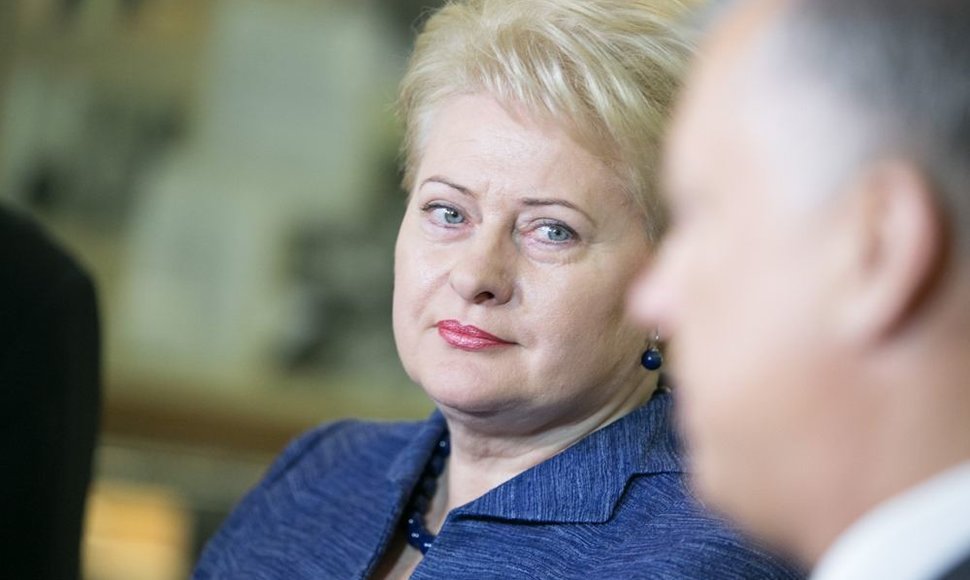The deal would probably only be approved in fall, she said as she arrived to the EU summit in Brussels.
“This political deal is a compromise so as to satisfy all parties concerned, including the European Parliament and the Council Member States. It was a compromise, in particular as far as budget flexibility is concerned – how much of that what remains could be used in which year and whether this could be capped. The budget covers a seven-year period, hence it was split almost in the middle – four years without caps and three years with caps,” Grybauskaitė told reporters in Brussels.
“I hope it’s final although it’s a political deal, it has to be approved by the European Council and also voted for in the European Parliament, which is likely to happen only in fall,” Lithuania’s President said.
European Commission President Jose Manuel Barroso on Thursday, hours before the EU summit, announced a political deal on the EU’s hotly contested trillion-euro budget for 2014–2020.
Barroso said that a deal on the 960-billion-euro budget was reached at emergency talks between the Commission, the European Parliament leadership, and Ireland, which currently holds the rotating EU Council presidency.
The high-level compromise must still be formally approved by parliament’s 754 lawmakers.
The European Parliament should vote on the budget during the Lithuanian EU Council presidency in the second half of this year.
The Parliament has recently refused a compromise deal. It demanded greater flexibility in the budget, for example allowing funds not used in one area to be transferred to another sector.
MEPs also wanted a mid-term review in the hope that if the economy picks up, the spending constraints might be eased.
With the entire budget approved, Lithuania would have to chair talks on more than 70 sectoral legal acts implementing the budget. Their approval is necessary so that the money can reach Member States as early as next year.












